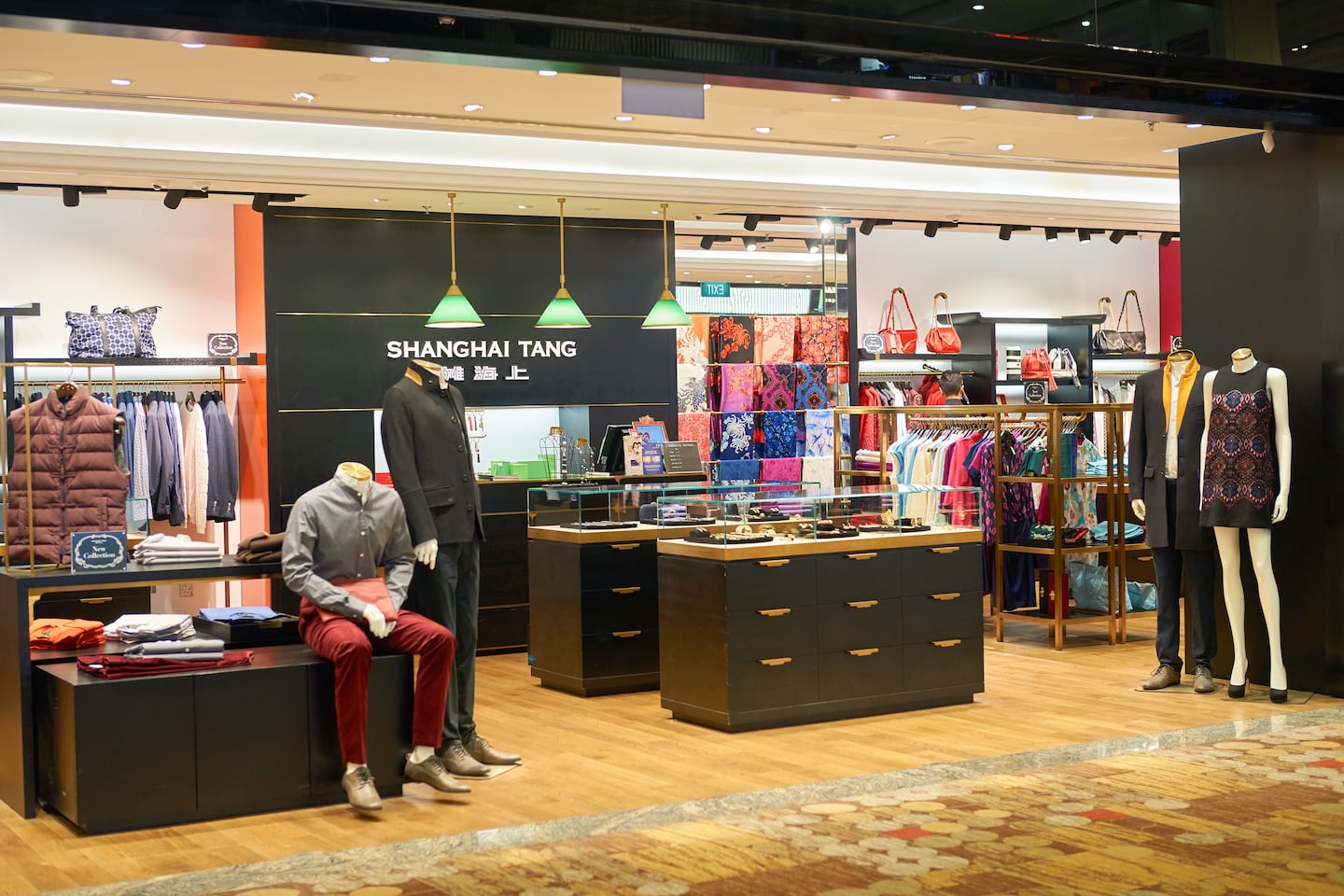
The Business of Fashion
Agenda-setting intelligence, analysis and advice for the global fashion community.

Agenda-setting intelligence, analysis and advice for the global fashion community.

GENEVA, Switzerland — Richemont has sold Shanghai Tang, a Hong Kong-based fashion maker that was one of the first Chinese luxury labels to seek a global presence, to Italian entrepreneur Alessandro Bastagli.
The Swiss company is ending 19 years’ ownership of Shanghai Tang, which makes men’s and women’s clothing combining western and Chinese design influences. It is Richemont’s first sale of a luxury brand since it disposed of Italian penmaker Montegrappa in 2007.
“The disposal of Shanghai Tang is a logical step,” Rene Weber, an analyst at Vontobel, said in a note. “The brand was neither material in terms of sales nor of profit.”
Shanghai Tang, known for form-fitting qipao dresses worn in Wong Kar-Wai’s 2000 film “In the Mood for Love,” was begun by Sir David Tang as a bespoke tailor shop in 1994, and now has about 48 stores. While the brand benefited from turn-of-the-millennium buzz about China expanding its global cultural influence to match its prowess in manufacturing, it never caught on in a big way in Europe or the US and consumers in the faster-growing Chinese market have preferred western luxury brands.
ADVERTISEMENT
Richemont acquired a controlling stake in the brand in 1998, a year after sovereignty over Hong Kong was transferred from the UK to China, and bought the rest in 2008. The Geneva-based luxury company is revamping its portfolio, having merged its Net-a-Porter online unit with Yoox SpA in 2015. It now owns 18 brands, including Cartier, Montblanc and IWC. The company announced the sale in a statement Monday, in which it did not disclose a price.
Some of Shanghai Tang’s print dresses sell for more than $2,000, and the brand also offers jewellery and home furnishings. Bastagli runs Lineapiu, a maker of high-end knitwear for the fashion industry.
By Thomas Mulier; editors: Eric Pfanner, Paul Jarvis.
Related Articles:
[ Will Richemont Ever Scale the Alaïa Business?Opens in new window ]
From analysis of the global fashion and beauty industries to career and personal advice, BoF’s founder and CEO, Imran Amed, will be answering your questions on Sunday, February 18, 2024 during London Fashion Week.
The State of Fashion 2024 breaks down the 10 themes that will define the industry in the year ahead.
Imran Amed reviews the most important fashion stories of the year and shares his predictions on what this means for the industry in 2024.
After three days of inspiring talks, guests closed out BoF’s gathering for big thinkers with a black tie gala followed by an intimate performance from Rita Ora — guest starring Billy Porter.